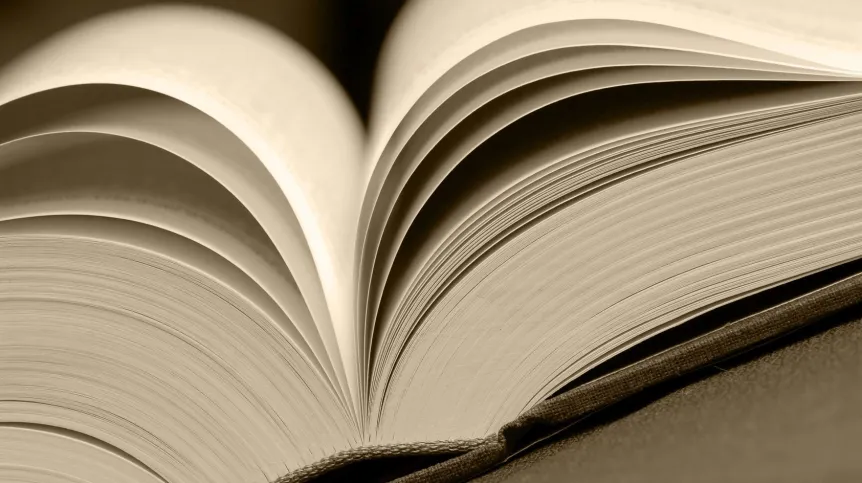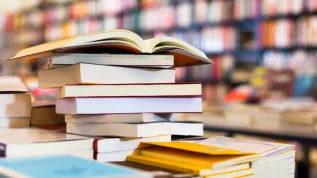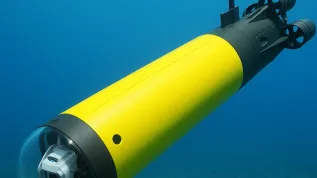
Academies of Sciences from several countries have developed a strategy for rebuilding Ukraine's science. The plan consists of ten practical steps that can be taken by scientific communities.
Earlier this week, the journal Science published an article by the President of the Polish Academy of Sciences Professor Jerzy Duszyński and a ten-point plan for rebuilding science in Ukraine, prepared after of the conference in June.
According to the article published in Science, the purpose of the meeting was to discuss and agree upon the steps aimed at creating a strong system of science, innovation, research and training in Ukraine', the strategy authors emphasise.
'Our discussions recognized the challenges in making progress given the still ongoing invasion by Russian forces, but also were driven by an understanding that rebuilding science and research in Ukraine, are critical to ensure its long-term prosperity and sovereignty.
The reconstruction plan consists of practical steps that can be taken by scientific communities in the countries that have developed a strategy and in other countries. Ten points were presented.
1. Maintain institutional affiliations in Ukraine for Ukrainian researchers receiving temporary . appointments abroad, in order to encourage repatriation once hostilities cease and the overall situation improves.
2. Develop specific funding programs directed to early-career researchers from Ukraine and their teams, including such using remote working agreements.
3. Establish funding programs for joint research by international teams with researchers working in Ukraine and provide for joint appointments.
4. Provide access to specialized research facilities abroad, especially those that duplicate Ukrainian facilities damaged or destroyed during the hostilities.
5. Provide remote, free access to scholarly journals to Ukrainian research institutions.
6. Grant waivers for Article Processing Charges (APC), membership dues in scientific organizations, and conference participation fees for researchers and research organizations in Ukraine.
7. Establish brain circulation measures for Ukrainian researchers for networking and mutual learning with colleagues and organizations in the international scientific community.
8. Donate much needed and still useable laboratory and research equipment to Ukrainian institutions to replace capabilities destroyed during the war.
9. Plan for post-war science recovery of Ukraine with the future needs of the nation in mind, including the modernization of Ukraine’s research, early-stage innovation and education.
10. Establish a coordination council to maximize impacts, minimize redundancy, and make meaningful use of synergies, accounting for issues related to junior and senior-level researchers.
The plan was signed by the President of All European Academies Antonio Loprieno, President of the German National Academy of Sciences Leopoldina Gerald Haug, President of the National Academy of Sciences (NAS) of the United States Marcia McNutt, President of the National Academy of Sciences of Ukraine Anatoly Zagorodny, President of the Polish Academy of Sciences Jerzy Duszyński, President of the Royal Danish Academy of Sciences and Letters Marie-Louise Nosch, Foreign Secretary of the Royal Society in London Robin Grimes.
Science also published an article by Professors Jerzy Duszyński, Marcia McNutt and Anatoly Zagorodny, in which they emphasise that Russian forces continue to destroy Ukrainian scientific institutions and infrastructure, signalling Russia's intent to obliterate the future for Ukraine.
'The stakes of the war in Ukraine are high - the future of democracy in Europe is at risk', they write.
Presidents of science academies, including German and US institutions, were invited to Warsaw in the beginning of June. Together with Ukrainian researchers, they discussed the strategy for rebuilding science in Ukraine. after the meeting, President of the Polish Academy of Sciences Jerzy Duszyński told journalists that a support plan for Ukrainian science, consisting of ten steps, had been created.
The meeting was also attended by the President of the President of the German National Academy of Sciences Leopoldina Gerald Haug, President of the Royal Danish Academy of Sciences and Letters Marie-Louise Nosch, president of ALLEA Antonio Loprieno, Foreign Secretary of the Royal Society in London Robin Grimes and Treasurer and Vice-President of the Royal Society Andy Hopper.
PAP - Science in Poland, Aleksandra Kiełczykowska
ak/ joz/ kap/
tr. RL













